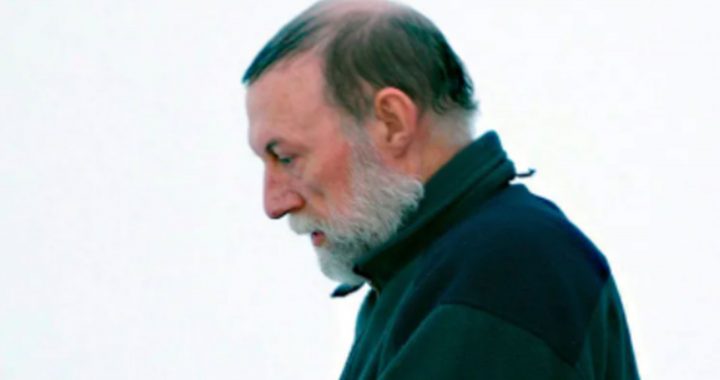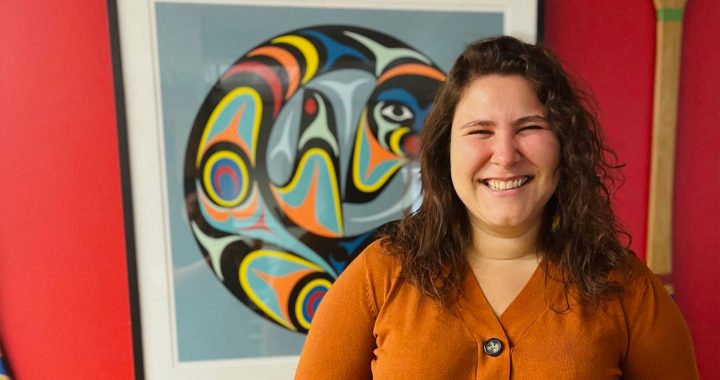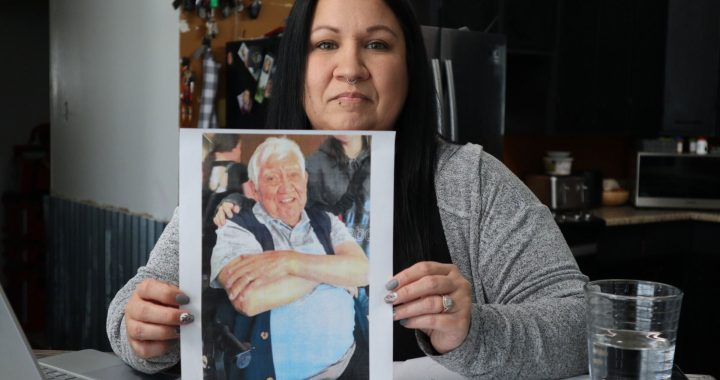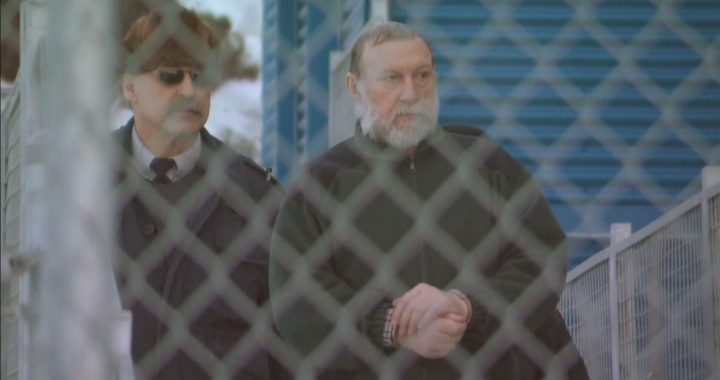The apology from Pope Francis on April 1 took a lot of people by surprise – including members of the delegations at the Vatican who heard it firsthand.
The delegations, made up of leaders, elders, residential school survivors and youth from the Assembly of First Nations, Inuit Tapiriit Kanatami and the Métis National Council, each had a private audience with the Pope to share their truths and request that he come to Canada to apology.
Then, during a ceremony marking the final meeting, the pope said this: “For the deplorable conduct of these members of the Catholic Church, I ask for God’s forgiveness and I want to say to you with all my heart, I am very sorry. And I join my brothers, the Canadian bishops, in asking your pardon,”
Most will agree, those words are long overdue and, in the end, still don’t fulfill call to action 58 of the Truth and Reconciliation Commission final report which calls on the apology to be made in Canada.
For some, it meant an acknowledgment of the abuse thousands of First Nation, Métis and Inuit children faced in the colonial-run schools that operated from the mid-1800s until the mid-1990s.
Others say the words fell short and were too scripted.
Love it – or hate it – people across the country have been talking about the apology from Pope Francis.












